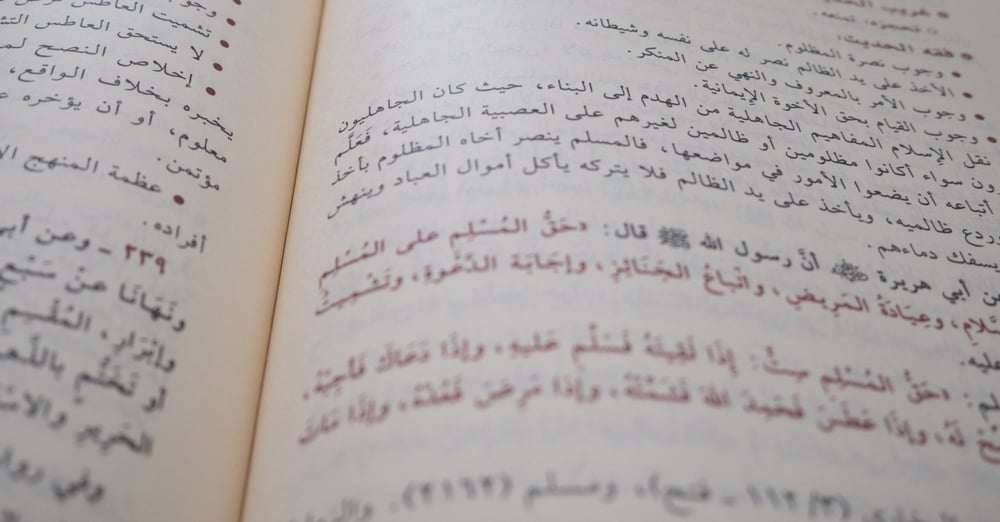How Do We Understand the Hadith: “Whoever Abandons My Sunnah, He Is Not From Me”
Answered by Shaykh Yusuf Weltch
Question
What does ‘Whoever abandons my Sunna is not from me’ mean?
Answer
In the Name of Allah, the Most Merciful and Compassionate
There are many layers to any one of the Prophetic sayings, especially this one.
Leaving the Sunna in Belief
Certain meanings are agreed upon by the scholars: the most obvious of them is rejecting the importance of or belittling the Sunna.
To reject or belittle the Sunna is tantamount to disbelief.
Aside from the above, the scholars have various stances on the consequences of leaving the Sunna.
Leaving the Sunna in Practice
If one does not hold any rejection or belittlement of the Prophet Sunna in their heart but chooses not to implement them despite the ability to do so – the scholars differed on the consequences.
In the Hanafi School, habitually leaving an emphasized Sunna relating to the Prophetic mission is prohibitively disliked.
In addition to the sin, the following has been mentioned by scholars:
Imam ‘Abd al-Hayy al-Lacknawi mentions that some have said the punishment for leaving the confirmed sunna is the prevention (t: of some types) of the intercession of the Messenger of Allah (Allah bless him and give him peace) reaching one. [Lacknawi, Tuhfat al-Ikhyar bi Ihya Sunnat Sayyid al-Abrar]
See this link for more details
Hope this helps
Allah knows best
[Shaykh] Yusuf Weltch
Checked and Approved by Shaykh Faraz Rabbani
Shaykh Yusuf Weltch teaches Arabic, Islamic law, and spirituality. After accepting Islam in 2008, he completed four years at the Darul Uloom Seminary in New York, where he studied Arabic and the traditional sciences.
He then traveled to Tarim, Yemen, where he studied for three years in Dar al-Mustafa under some of the most outstanding scholars of our time, including Habib Umar Bin Hafiz, Habib Kadhim al-Saqqaf, and Shaykh Umar al-Khatib.
In Tarim, Shaykh Yusuf completed the memorization of the Quran and studied beliefs, legal methodology, hadith methodology, Quranic exegesis, Islamic history, and several texts on spirituality. He joined the SeekersGuidance faculty in the summer of 2019.
